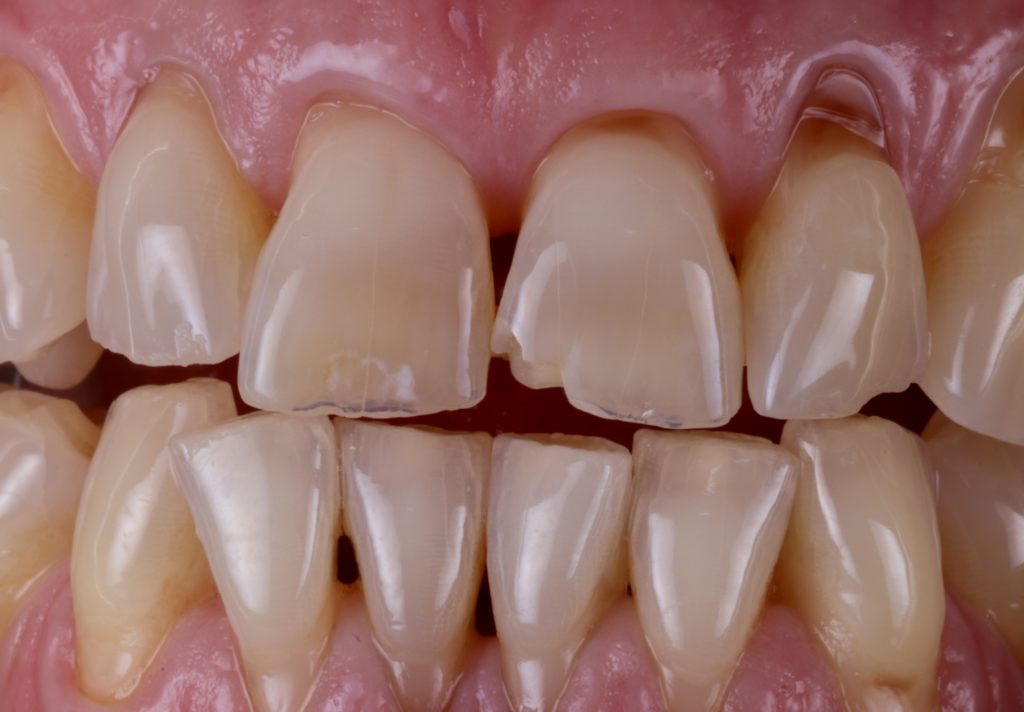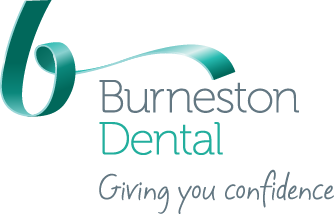
Tooth clenching or grinding, also called bruxism is much more common than people may think. Over time these habits can cause or may be associated with moderate to severe dental damage, facial pain, and disturbed sleep.
It is important to be aware of the symptoms of bruxism. This will enable the dentist to intervene at an early stage thereby hopefully preventing extensive damage from occurring.
You could be clenching or grinding your teeth whilst you’re awake (daytime bruxism), while you are sleeping (nocturnal bruxism) or both.
It is usually easier to be aware of daytime bruxism. It often occurs while concentrating on something, or when in a stressful situation such as driving, working towards a deadline etc. If you are aware that you clench or grind your teeth during the day, then there is a very high chance that you also may do it while you are sleeping. Sometimes you may be made aware as it is loud enough to wake up your sleeping partner, other times you may be unaware of it.
The forces that are generated by the jaw muscles during bruxism can be extensive. We at the practice have seen completely unfilled teeth being split in half. Very often, the only treatment option then left is to have to remove the tooth.
Here are some of the signs and symptoms of bruxism:
- Teeth chipping, getting worn or getting shorter
- Increased tooth sensitivity or pain
- Waking up with jaw ache or clenching your teeth
- Persistent or frequent headaches
- Tired or tight muscles or a locked jaw that won’t open or close completely
- Damage from chewing on the inside of your cheeks
- Disturbed sleep
- Tenderness of the muscles of the head and neck
- Fillings or crowns chipping/breaking
- Pain on chewing hard food
- Little fracture lines visible in teeth
Contact us today if you think that you are clenching or grinding your teeth so that we can help you.




 © Copyright 2013 Burneston Dental . All rights reserved
© Copyright 2013 Burneston Dental . All rights reserved